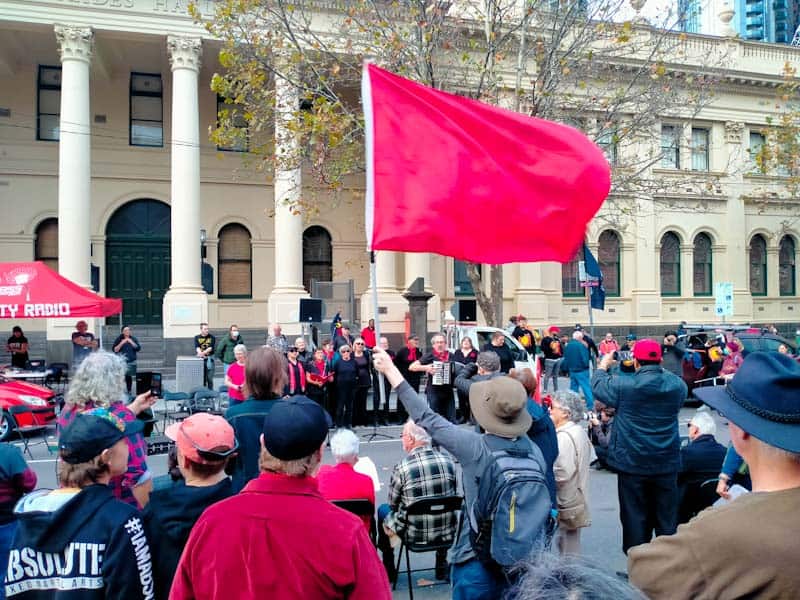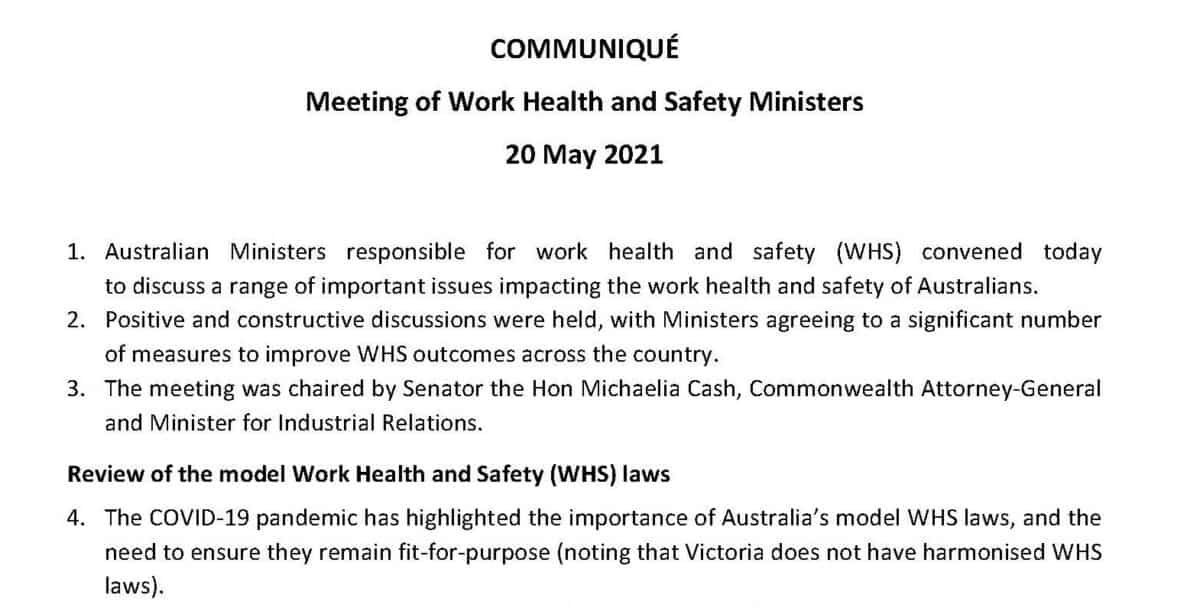Employers are less criticised about their workplace health and safety performance than the government, even though it is employers who have the primary duty of care for their workers’ occupational health and safety (OHS). The Federal (conservative) government and Prime Minister remind us regularly that the responsibility for OHS sits in the State and Territory jurisdictions. No one seems to accept their own responsibilities for OHS, so it is little surprise that worker health and safety has no effective national coordination.
Recently the Australian Council of Trade Unions (ACTU) released an OHS report entitled “Morrison Missing in Action on Work Health and Safety“. It is also looking in the wrong direction. Of course, the Prime Minister is missing in action – employers have the primary duty of care, which local jurisdictions enforce.
Although this document has good OHS information, references and statistics, it is primarily part of the current federal election campaign, reporting information that the politicians mostly already know.
Continue reading “Two steps forward and one back”


